Forgiving Our Fathers and Mothers: Finding Freedom from Hurt and Hate. By Leslie Leyland Fields, with Dr. Jill Hubbard.
To be a Christian means to forgive the inexcusable, because God has forgiven the inexcusable in you. —C. S. Lewis
About the Book
Leslie Leyland Fields’s book is a practical and compelling guide to surrendering our painful childhood wounds to the healing work of forgiveness. The author explores the biblical and emotional ramifications of forgiving hurtful parents by offering keen insights and examples from her own struggles to forgive a distant and rejecting father. Her journey can be summed up in the subtitle for her book: “Finding Freedom from Hurt and Hate.”
The author grapples with questions shared by most adult survivors of abusive or neglectful parents, such as, How can I honor dishonorable parents? Do we forgive for our own good or for the good of others? and, Why should we revisit painful memories once we have escaped them?
 The compelling beauty of the book is in the author’s honest reflections on her personal journey from hating and resenting the father who abandoned her to loving and forgiving him, even while he remained distant and unresponsive. Unexpectedly, her decision to obey God and forgive her earthly father ushered her into a deeper faith and understanding of her heavenly Father: “I know now that had I not listened and attended to this pull toward obedience, I would have missed the most staggering displays of God’s character and heart. This is waiting for you as well” (p. 14).
The compelling beauty of the book is in the author’s honest reflections on her personal journey from hating and resenting the father who abandoned her to loving and forgiving him, even while he remained distant and unresponsive. Unexpectedly, her decision to obey God and forgive her earthly father ushered her into a deeper faith and understanding of her heavenly Father: “I know now that had I not listened and attended to this pull toward obedience, I would have missed the most staggering displays of God’s character and heart. This is waiting for you as well” (p. 14).
Lessons from Jonah and Joseph
Leyland Fields makes good use of two Bible stories in particular to dramatize her points, those of Jonah and Joseph. Jonah ran away from God in the same way that we run away from our painful pasts. And just as Jonah refused to acknowledge God’s right to forgive and redeem the people of Nineveh, we resist the idea of letting our parents off the hook for their offenses against us. In another story, Joseph’s forgiveness of his brothers’ cruelty to him is a vivid illustration of how we can forgive what seems unforgivable when we recognize God as sovereign over our lives and continually working His good plans through our life circumstances.
The author’s transformation of heart illustrates how forgiving helps us to reclaim not only our past but also our present and our future as we free ourselves from the limitations of pain and resentment and impossible expectations. We must realize that we cannot expect payment for sins from people who are themselves bankrupt and incapable of giving us the love and affirmation we crave. Ultimately, we forgive as we release the past to God’s sovereign judgment. In the author’s own words, “When we forgive we take the person off our hook and put them on God’s hook” (p. 105).
My Recommendation
I highly recommend the book to anyone who desires freedom from painful childhood memories and the tyranny of long-standing anger and resentment. The book offers sound advice for dealing with an unrepentant parent and also with unresolved grief and bitterness toward a parent who has already passed away.
The book is co-authored by psychologist Dr. Jill Hubbard, who adds comments and study questions at the end of each chapter. In my opinion, the book could stand very well on its own, but Dr. Hubbard’s commentaries help to summarize and refocus the main points in each chapter. Her study questions nicely lend themselves to a group study of the book.
To Order This Book
Forgiving Our Fathers and Mothers: Finding Freedom from Hurt and Hate, by Leslie Leyland Fields, with Dr. Jill Hubbard. (2014). Thomas Nelson: Nashville, TN. 240 pages.
ISBN: 978-0-8499-6472-5
Purchase this book through amazon.com.
Available in paperback, e-book, and audible formats.
Learn more about Leslie Leyland Fields.
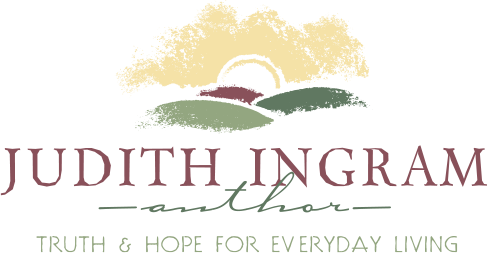
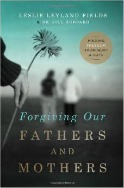
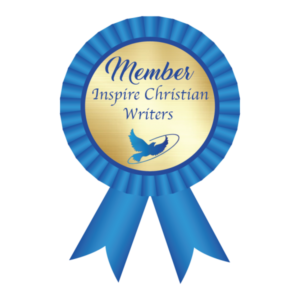
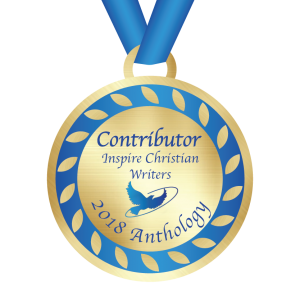
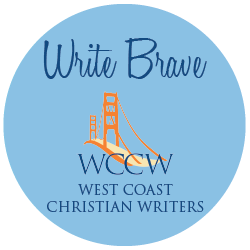
Leave a Reply